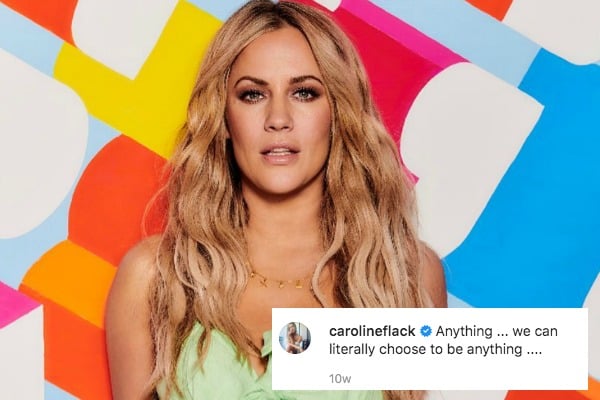
We are in the grips of an epidemic.
On the weekend former Love Island UK host Caroline Flack died by suicide.
We don’t know the exact circumstances surrounding her death. We cannot know what she was thinking or the source of such helplessness.
But we do know what the headlines looked like in the last week of her life.
Charged in December 2019 with assaulting her boyfriend, the tabloids reported on her every step. The day before she died, The Sun reported on a Valentine’s Day card mocking her with the words “I’ll f**king lamp you”.
The incessant scrutiny and criticism began in 2011, when the then 32-year-old X Factor host briefly dated One Direction’s Harry Styles, who was 17.
Since then, it never really stopped.
Just 10 weeks ago, 40-year-old Caroline posted the words: “In a world where you can be anything, be kind.”

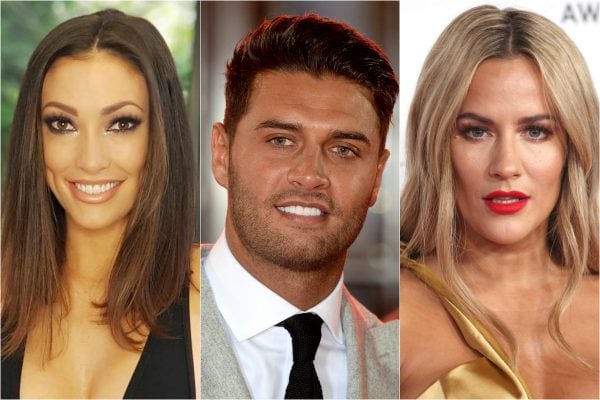
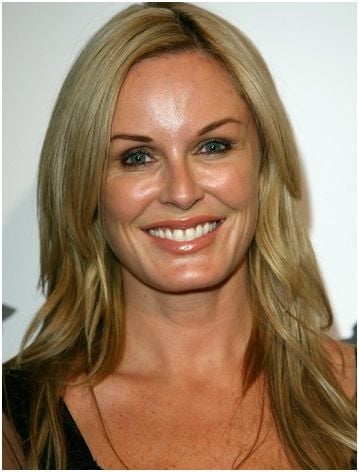
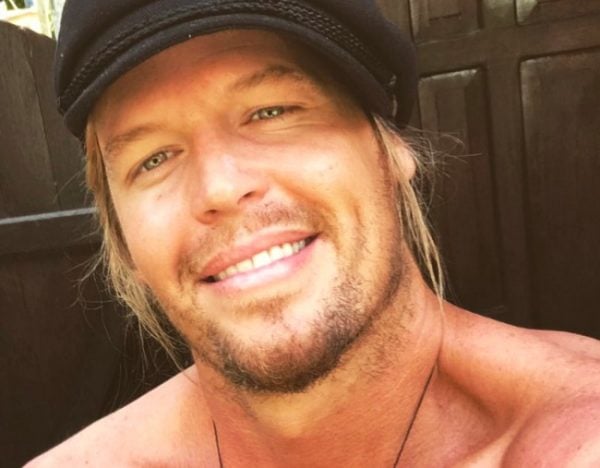
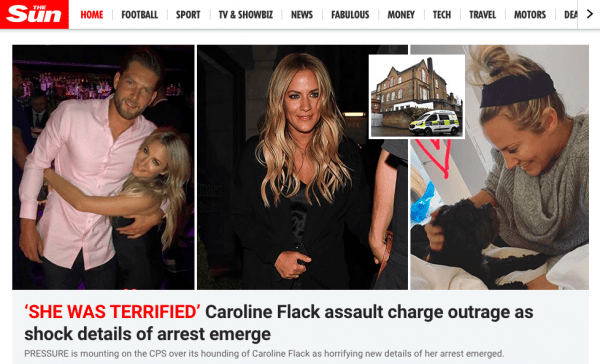
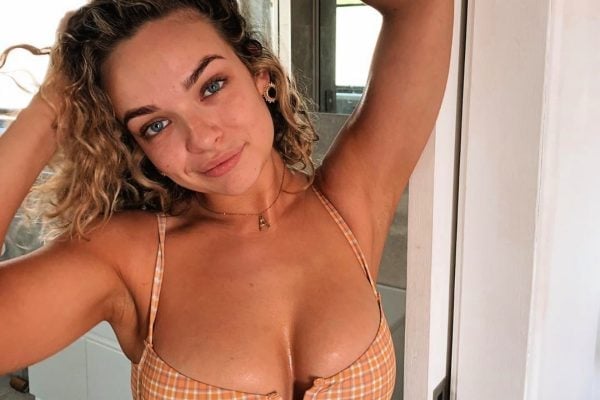
Top Comments
An epidemic? Seems like an over reaction.
Maybe. I've always been strongly against Social Media vigilantes and it does seem to be getting worse in my opinion
What does Mamamia plan to do moving forward?
Will there be a change in the way articles are written and presented in order to help prevent further suicides?
They've been celebrating certain parts of Cancel Culture.
As is normal for most of us, it's fine to use it on people we don't like, but it's not okay if we do like them.
Couldn't agree with you more. The hypocrisy is is embarrassing.